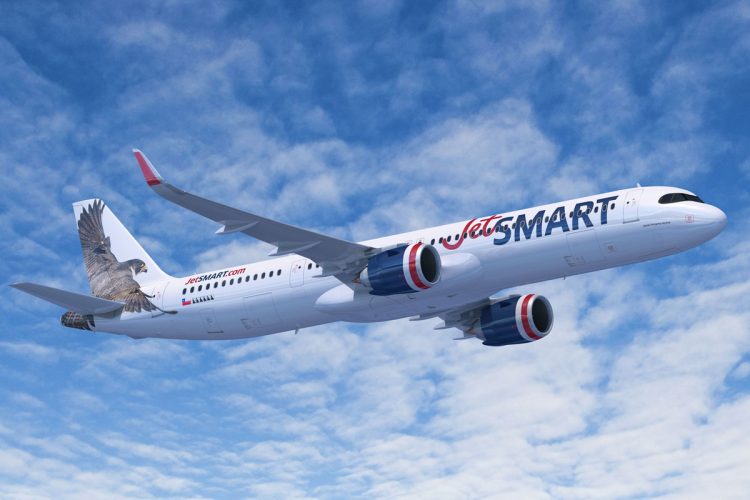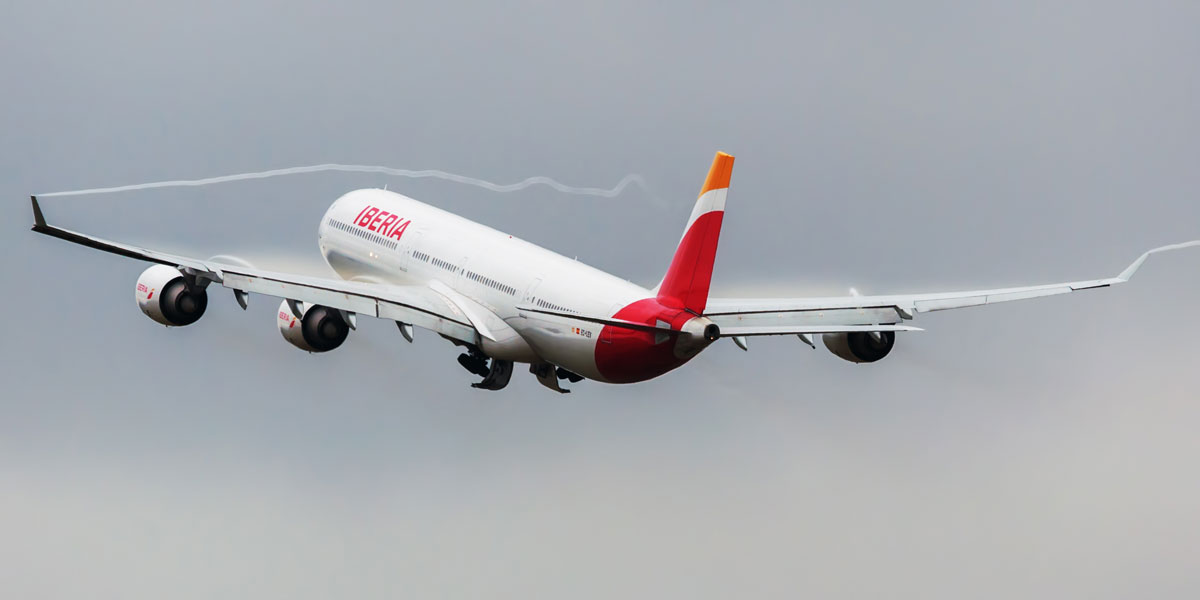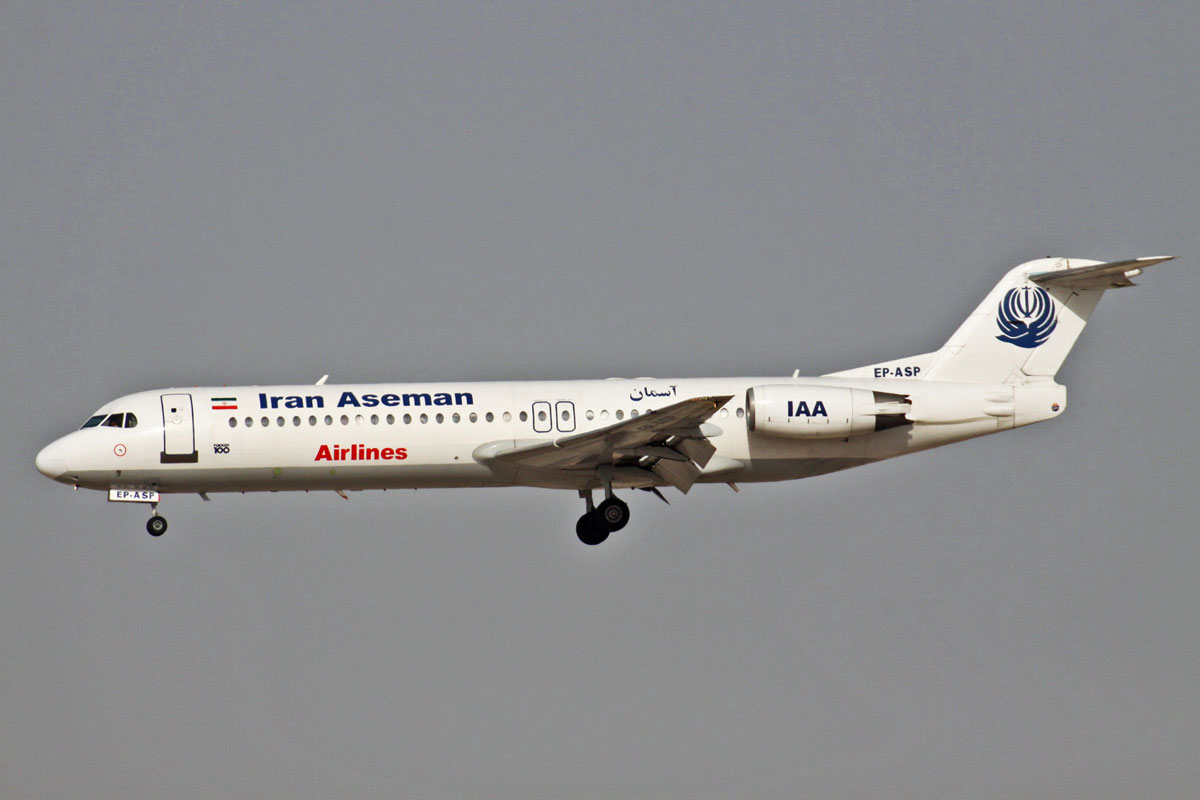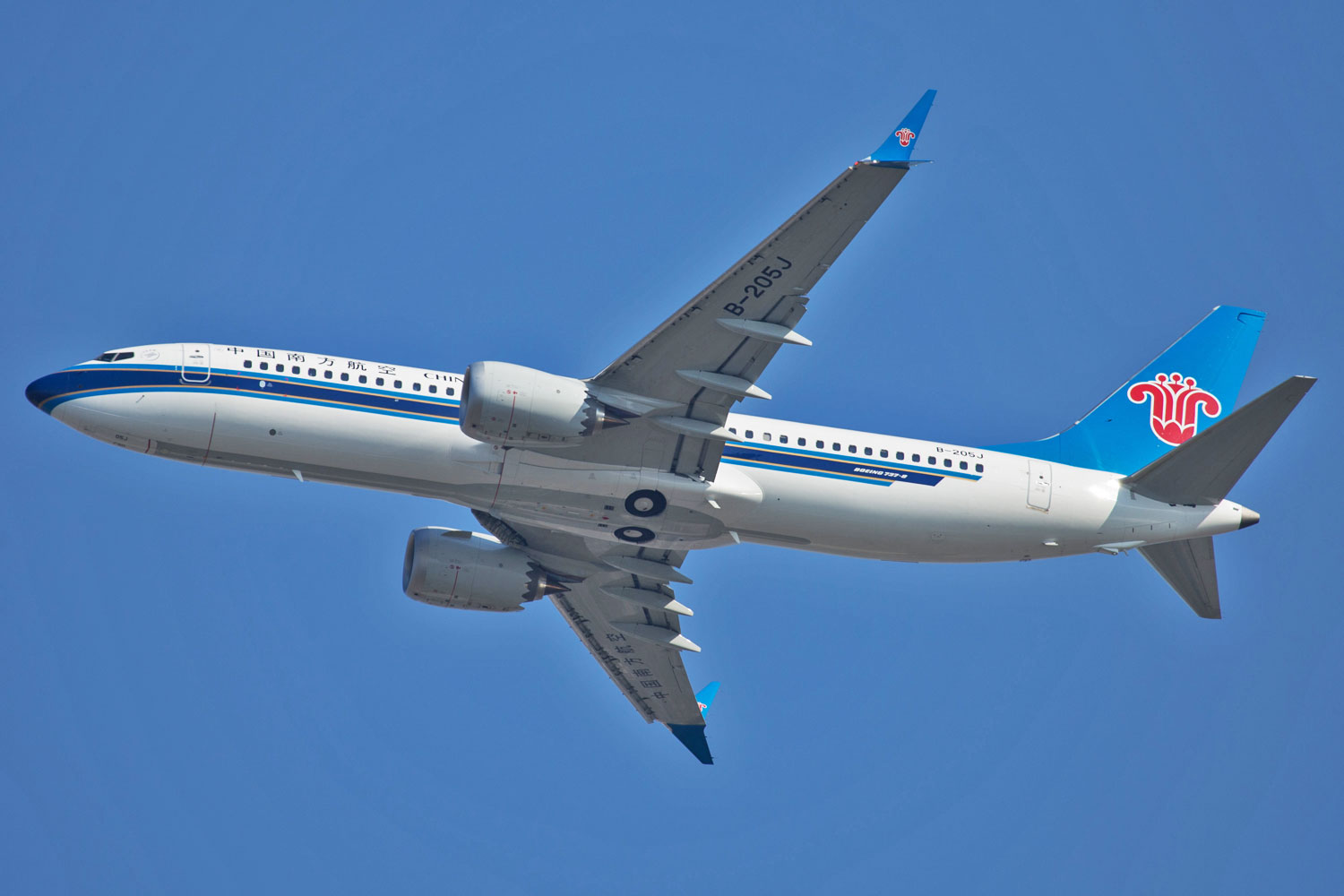Rumors about the end of Norwegian Air Argentina were right: the Norwegian low-cost airline’s subsidiary was sold to its rival JetSmart on Wednesday. In operation since 2018, the airline had only three 737-800 aircraft and was far from sustainable in the midst of the Argentine economic crisis. “We’re taking necessary steps to return to profitability,” said Geir Karlsen, interim CEO of the troubled group also in Europe where it has canceled loss-making routes.
According to a statement from Norwegian Air, JetSmart takes over the Argentine operation immediately and will transfer operations to Aeroparque airport instead of El Palomar. The three Boeing aircraft will continue to be used until they are replaced by the JetSmart A320, when they will then return to Europe. Despite this, the two companies believe that the integration process will take months yet.
“We are very excited about the opportunity to combine Norwegian Argentina with our current JetSmart operations. JetSmart has a long-term commitment to Argentina as well as our vision of becoming the leading ultra low cost airline in South America. With this transaction we will continue to provide affordable air travel to our customers both from Aeropark and El Palomar airports,” said Estuardo Ortiz, CEO of JetSmart.
“We believe the agreement we have signed today with JetSmart secures a significant part of what we have built over these two years; continuity of the network and opportunities. It brings the two newest airlines in Argentina into a stronger combined entity that currently carries about 10 percent of the domestic market and will become the third largest operator in the country,” added Karlsen.

Small share
As quoted by Norwegian CEO, the share of both companies is quite small in Argentine air transport. The country’s largest low-cost company, Flybondi, has a 9% share, but traditional airlines still dominate the market – LATAM has 17% and Aerolíneas Argentinas 63% of passengers, according to October data. The merger of the two companies may be the beginning of a consolidation process in the Argentine market, which is not going through a good moment, despite the growth in recent years.
Norwegian Air Argentina was a lengthy and risky project by the Norwegian parent, then headed by Bjørn Kjos, co-founder of the company created in 2002. Launched in 2017, the initiative, however, was slow to get off the ground. In January 2018 the first plane was received but the Argentine market debut only took place in October last year. Since then, the company has never achieved a significant presence in the country and has yet to return one of the aircraft to Europe because of the grounding of the Boeing 737 MAX.
In May, the current interim CEO, then responsible for the finance, confessed in a presentation that if the Argentine subsidiary could not stop the loss, it would be closed: “If our project in Argentina does not match the plan we are prepared to withdraw,” he said.
To improve results, the company reduced flights and managed to improve aircraft occupancy, but still below companies like LATAM and Flybondi. Last week, Norwegian Air signaled that it would only accept reservations until March 28. It was the cue for rumors about the end of the company and that it would be sold to JetSmart. The airline’s staff still tried to give the impression that it was ordinary, but did not comment on the alleged sale to the competitor.
Looking at the global scenario, Argentina’s departure was somewhat expected in view of the challenges that Norwegian Air faces. Since Kjos stepped down as CEO in July, the company has been trying to cut costs to balance its accounts, greatly affected by factors such as the 737 MAX grounding and Boeing 787 engine problems.
Despite leaving Argentina, Norwegian Air has made a point of stating that the flight between Buenos Aires and London will remain active, unaffected by the deal announced today.







